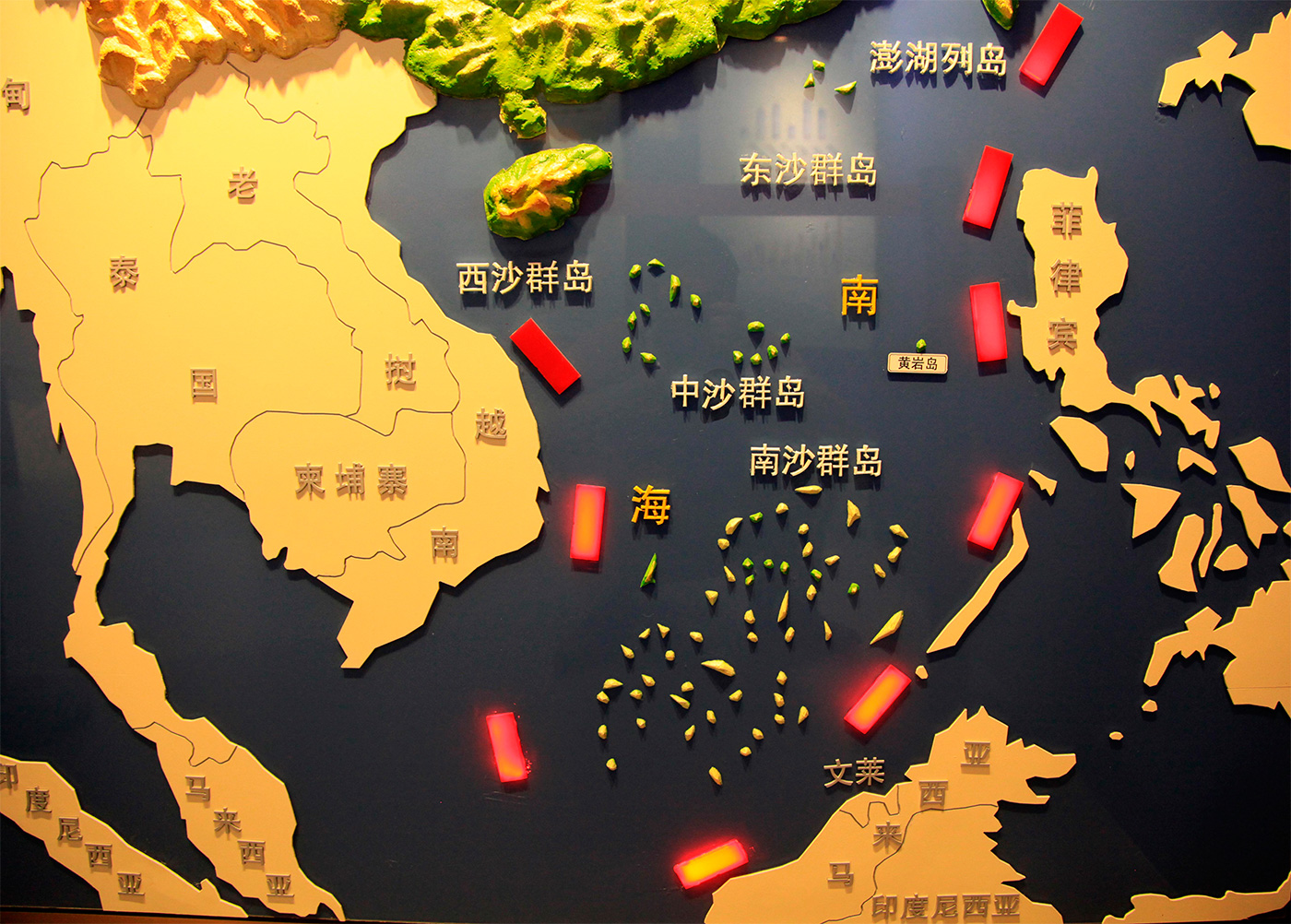Japan and the Arbitration Disputes in the Asia-Pacific Region: Rules-based or Case-based?
(no votes) |
(0 votes) |
On July 12, the Permanent Court of Arbitration in The Hague ruled in favour of the Philippines and against China’s claims to priority rights in the South China Sea. China has rejected both the ruling and the tribunal’s jurisdiction in the matter.
Japan, however, supported the position of the Philippines and has stated that the verdict was final and binding. This is in line with Tokyo’s policy, which regularly calls for a rules-based order in the Asia-Pacific Region and generally focuses on the regulatory aspects of international relations. Yet, like many other major powers, Japan has not always been consistent in its approach to international tribunals and their rulings.

Photo: www.uscnpm.org
As far as the South China Sea is concerned, Japan’s support for the claims presented by the Philippines stems not only from its regulatory approach, but also from its vital economic interests. Japan gets 90 per cent of its oil imports and 60 per cent of natural gas supplies via the South China Sea, while sea routes account for 99.7 per cent of the country’s total foreign trade. What is more, Southeast Asia is home to a huge multinational production chain serving Japanese companies. To protect this artery, Tokyo actively supports Hanoi and Manila by supplying them with coast guard vessels, among other things. In addition to supporting the recent tribunal ruling, Prime Minister Shinzo Abe raised the South China Sea question at the May G7 summit in Ise-Shima and the July edition of the Asia-Europe Meeting in Ulaanbaatar.

Vasily Kashin: South China Sea — Hague Tribunal and Military Tensions
Yet The Hague’s refusal to recognize the disputed Spratly Islands as islands could undermine Japan’s own claims to the Okinotorishima atoll in the Philippine Sea. Tokyo views the Okinotorishima as a full-fledged island complete with a 200-mile Exclusive Economic Zone. In turn, Beijing and Taipei insist that Okinotorishima is an atoll and not an island. Interpreting The Hague ruling as a precedent or case similar to Okinotorishima would hurt Tokyo’s position, and the Japanese government was quick to announce that the South China Sea verdict only applied to People’s Republic of China and the Philippines.

Фото: AP Photo/Kyodo News. Senkaku/Diaoyu Islands
On the other hand, the territorial dispute over the Senkaku/Diaoyu Islands in the East China Sea is an integral part of Japan–China relations. The Japanese side’s legal arguments in this case would have been strong if Japan had been willing to take the matter to arbitration, plus Japan actually controls Senkaku. Yet Tokyo has noted that Beijing still does not recognize that the jurisdiction of international arbitration tribunals applies to it. Japan’s position on Senkaku is broadly reminiscent of the Soviet Union’s stance on the Kuril Islands – the very existence of a dispute is denied. By the way, both Japan and Russia have always preferred attempts at direct bilateral agreements on the Kurils to arbitration.

Фото: AP Photo / Lee Jin-man. Takeshima / Dokdo
The situation with the Liancourt Rocks, also known as Dokdo in Korean and Takeshima in Japanese, is a mirror image of the Senkaku case. Even after a treaty on the normalization of bilateral relations was signed in 1965 the dispute survived, and Tokyo has repeatedly offered Seoul the option of taking the matter to arbitration proceedings, only to be met with rejection, as Seoul refuses to recognize that a dispute even existed. Although Shinzo Abe has been able to reach a compromise with South Korea on another sensitive problem, that of the “comfort women”, he has steered clear of any loud public statements on the disputed islands and possible litigation in order to avoid irritating Japan’s neighbour and ally.
Finally, there is another, non-territorial dispute involving Japan that has actually been decided in court. In 2014, Australia won a case it brought against Japan in the International Court of Justice, which banned the Japanese side from whaling in the Antarctic, ruling that their programme did not meet the criteria for scientific research. At first, Japan recognized the ruling and for a long time explored solutions for bringing its whaling programme in line with the legal requirements. Yet eventually Tokyo decided to resume its whaling practices, stating that the court’s jurisdiction did not apply to any dispute relating to research on, or the conservation, management or exploitation of, living resources of the sea.
These examples of Japan’s interaction with international tribunals thus demonstrate that the establishment of and compliance with a uniform regional rules-based order continue to be hindered by a patchwork of cases and exceptions to the rules. This situation reflects the persisting imperfections of the international legal institutions in the Asia-Pacific Region, as well as their opportunistic treatment by key regional players.
(no votes) |
(0 votes) |




